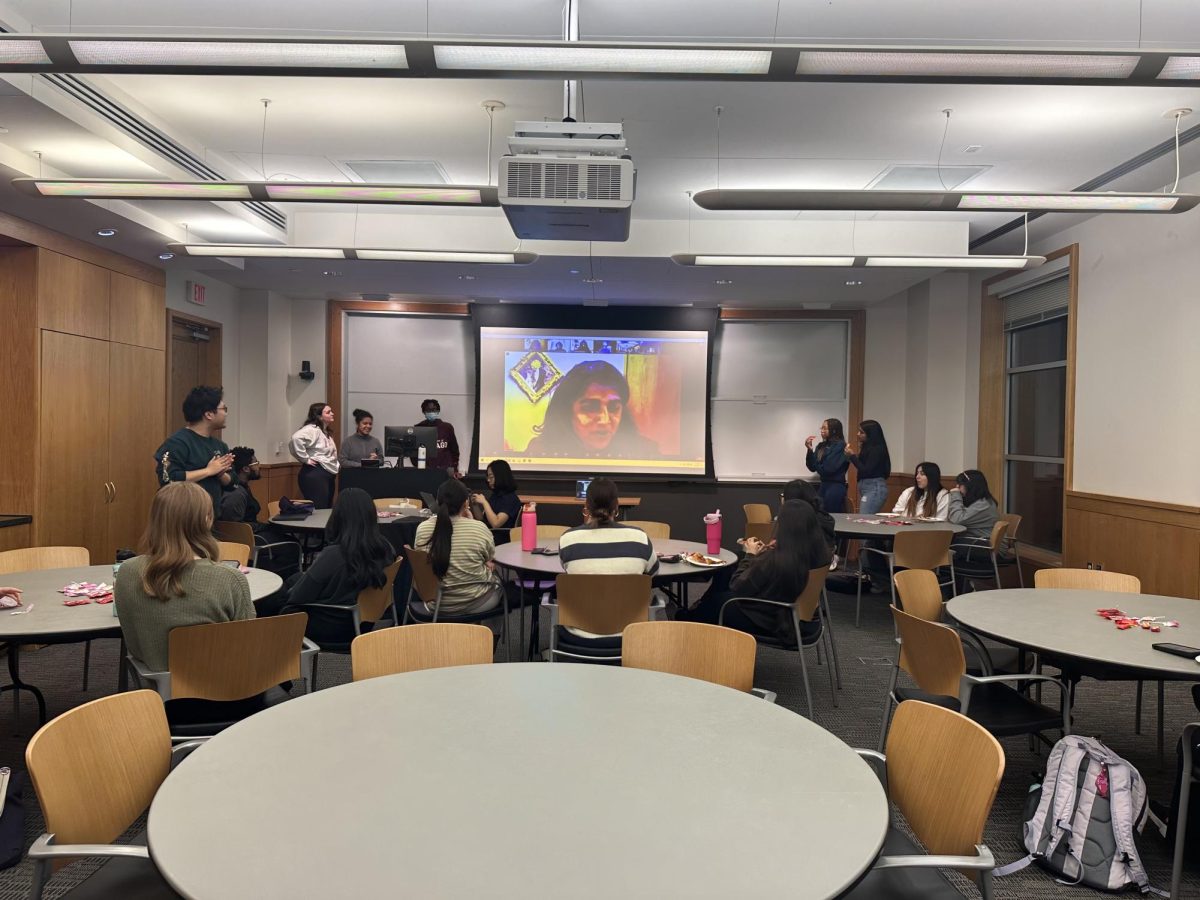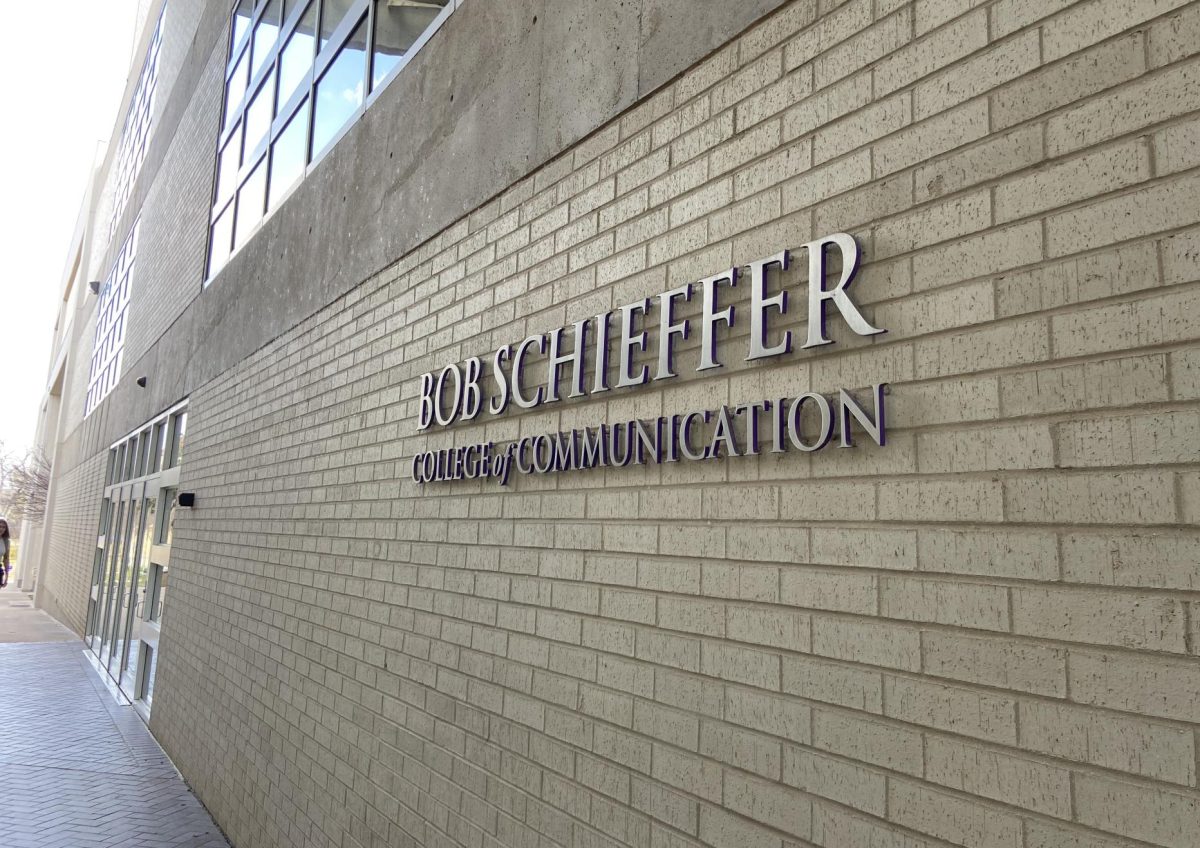It’s that time of year again.
TCU faculty members have been sending numerous emails to students reminding them to complete their eSPOT surveys.
Every student across campus is asked to complete an eSPOT for each class at the end of the semester.
The eSPOTs contain a number of questions in which students are asked if they “strongly disagree” or “strongly agree” with an aspect of their professor’s teaching, and a few areas in which students are able to type free response answers.
Film, TV, and digital media professor Richard Allen said he finds the eSPOTs valuable.
Allen said the eSPOTs make him aware of when “improvements or shifts of emphasis can be made.”
While some professors give extra credit if every student in their class completes an eSPOT, adjunct professor Tawnell Hobbs said she thinks students need a better incentive to fill out the evaluations.
“The more students who fill them out provides professors an even fuller picture of the classroom experience,” Hobbs said.
TCU’s associate provost for institutional effectiveness Catherine Wehlburg said it is crucial for students to know how important these evaluations are. She said the university considers their responses.
“Departments use them to look at faculty in terms of how well they are teaching,” Wehlburg said.
Junior communications major Auddie Patterson said eSPOTs are useful if students take the time to fill out the evaluations properly.
“It gives the professor and university solid feedback about what they’re doing right and wrong,” said Patterson.






